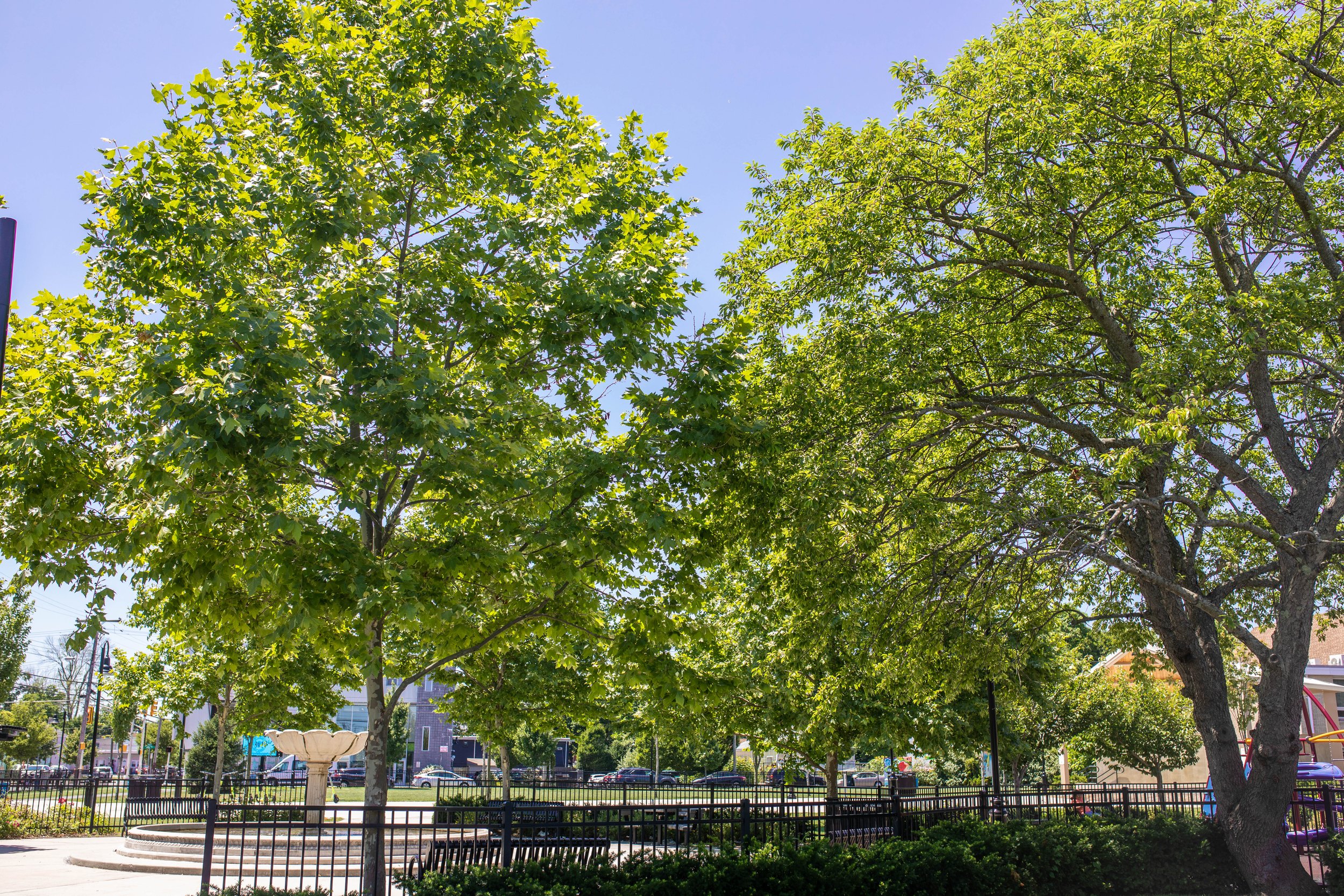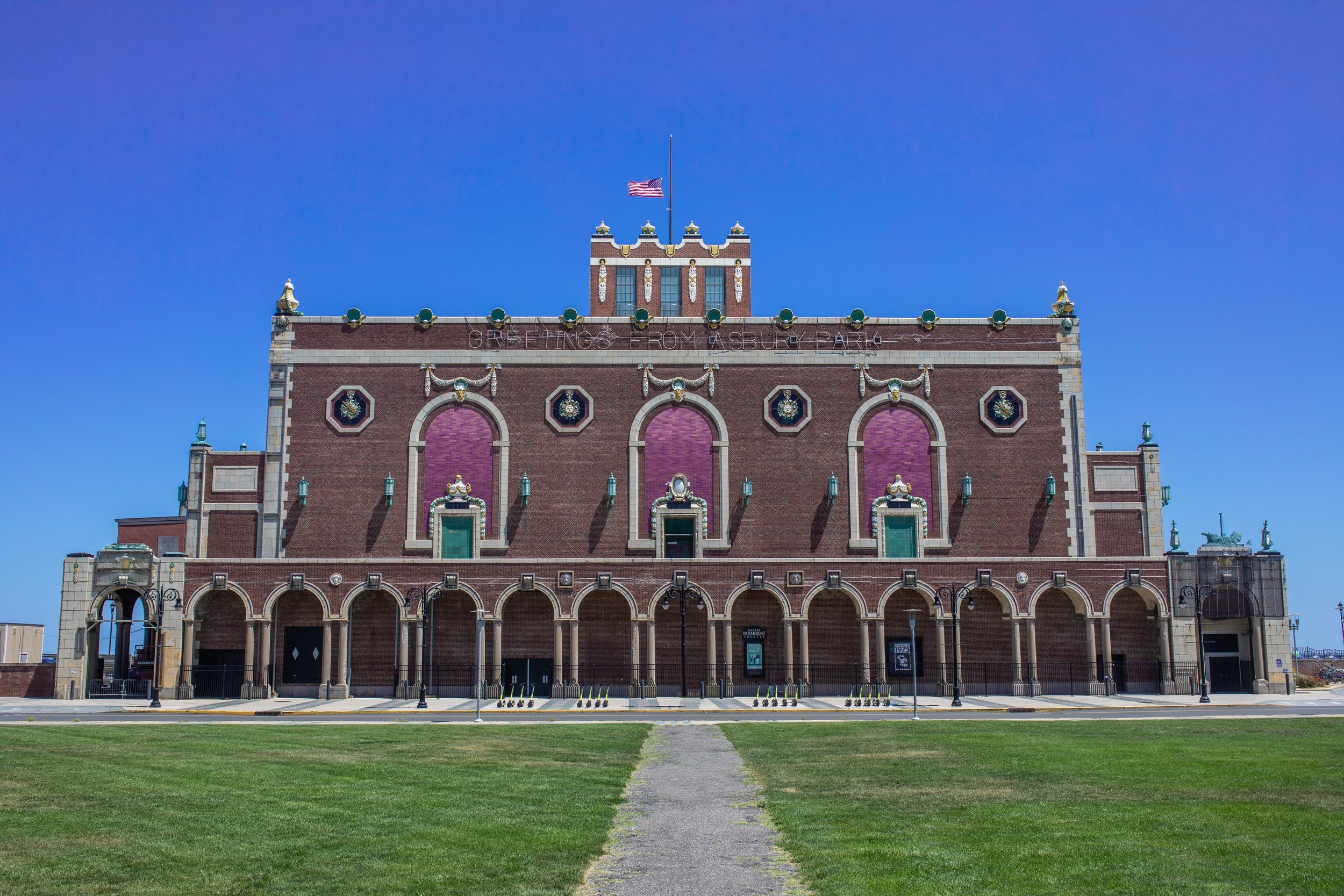
Goals + Intent
-
The definition of Karma is "to do"– it is the means by which you become the architect of your own destiny. The word karma literally means deed, but implies the entire cycle of cause and its effects. According to the Law of Karma, every human action– in thought, word, or deed– inevitably leads to results or consequences, good or bad, depending upon the quality of the action. The goal of Community Karma is for localities to actively take control of their future in a positive way.
-
Small actions can be exponentially felt, which allow communities to fully realize their positive potential. Community Karma’s intent is not to compete with the many worthy community programs in Asbury Park + the Jersey Shore, but to complement them. The goal is not just to provide supplemental support to individual programs, but to increase the overall sense of compassion resulting from people feeling more connected and seeing the positive impacts of even the smallest positive gesture.
-
By creating more accessible and easy ways to give back and educating more people on those organizations who are in most need of additional support, Community Karma strives to build stronger community bonds between those groups who need assistance and those who are in positions to help.
We can’t do all we do without you.

“Community Karma is all about feminism in action! When the Women's Hospitality Network started, we needed support from the community, and Community Karma was one of the first local groups to respond to our request for support. They started to come to every meeting and became a collaborative member to house women experiencing homelessness. CK made sure the women had healthcare products and so much more— built relationships with the women in the network, encouraging them to get permanent housing while also making sure the women felt special and important. Took them out to get manicures and find free laundry services. The WHN sees Community Karma as being part of a new nonprofit system that is not just about charity, but also about solidarity with low income community members.”
- Derek Minno-Bloom, Social and Food Justice Director at Trinity Episcopal Church

